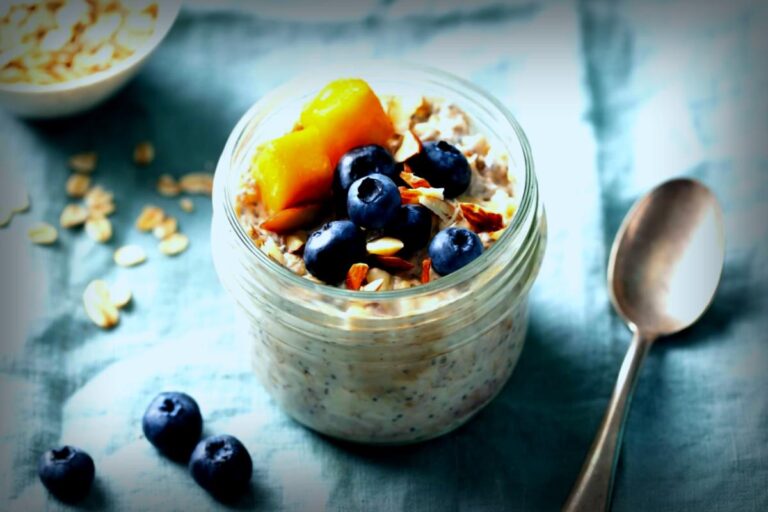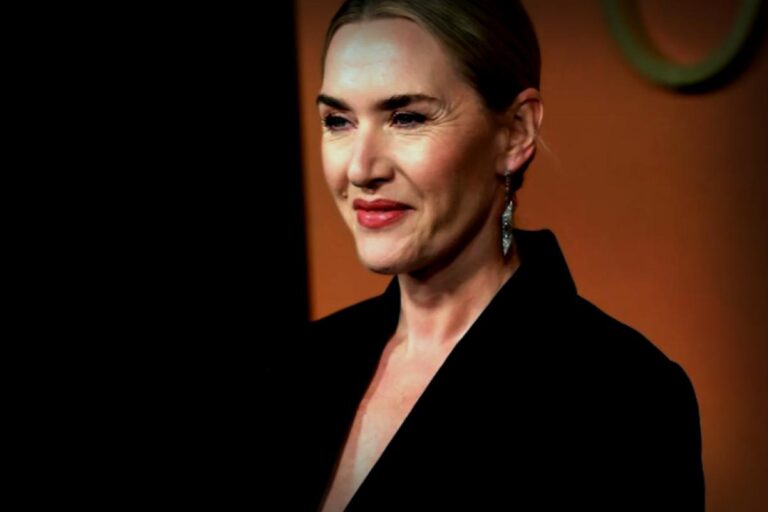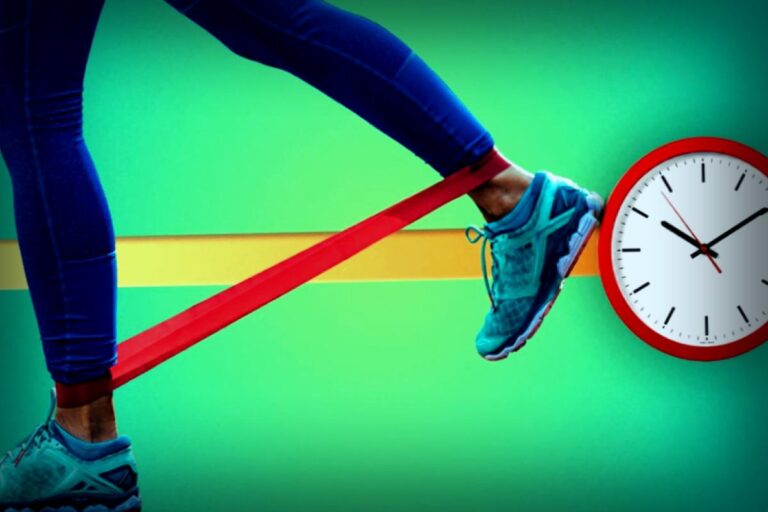Have you thought about what it means to really live out your best years? Longevity is more than just counting birthdays—it’s about maintaining the energy and joy to enjoy each one. The exciting part? Studies indicate that some simple lifestyle changes can make you feel rejuvenated and full of life.
Start Your Day with Breakfast
Waking up is tough sometimes, and who really wants to think about food first thing? But, new discoveries highlight just how crucial early meals can be for your well-being.
A research study featured in Nature’s Communications Medicine followed nearly 3,000 adults in the UK, aged from 42 to 94, for about 22 years. Those who enjoyed their meals early on had a higher survival rate. After a decade, an impressive 89.5% of early eaters were still around, unlike 86.7% of those who ate later. Eating breakfast late didn’t just correlate with poorer health; it was often linked to issues like anxiety, depression, fatigue, and oral health problems.
Dr. Jennifer Brown, a dual board-certified doctor in family and obesity medicine, has insights on why this is the case.
“Having breakfast earlier helps to keep our circadian rhythm in check, which is essential for staying healthy,” explains Dr. Brown. “In the morning, our metabolism is boosted and insulin sensitivity is improved, leading to better digestion and fewer blood sugar spikes.”
Got a busy schedule? Dr. Brown suggests, “Aim to have breakfast within an hour of waking or by 8 AM. Ideally, the last meal of the day should be wrapped up by 6 PM for the best health benefits.”
Embrace the Spice of Life
If you’re into spicy food, you’re in for a treat! It’s not just about flavor; spicy foods might actually change the way you age.
A study published in Nutrition Journal tracked the spicy food habits of over 7,800 adults in China, ages 30 to 80, for around 2-3 years. Participants who dove into spicy dishes 3 to 5 times a week aged more slowly than their less spicy-eating peers, being roughly 0.7 years younger biologically and 0.8 years younger metabolically.
Curious about biological versus chronological age? Dr. Kavin Mistry breaks it down: “Chronological age is the number you see on your driver’s license. Biological age measures how well your cells and body communicate and function, influenced by various factors like DNA changes and organ health.”
Metabolic age, closely linked to biological age, indicates how paddle we are compared to others our age based on how well our metabolism is functioning.
As for spicy food’s role in keeping us youthful, Dr. Brown adds, “Capsaicin, the heat from chili peppers, is believed to reduce inflammation and prevent cellular damage, as well as boost metabolism, helping to slow aging.”
Want to add more spice to your meals without going overboard? Dr. Brown advises: “Start with milder spices and increase the heat gradually. Pairing spicy foods with dairy or starchy items can also help tone down the heat. And best to avoid spicy dishes on an empty stomach!”
Additional Strategies for Longer Life
These expert-recommended tips are straightforward but very useful.
Invest in Relationships
“Longevity isn’t a solo journey,” says Dr. Mistry. “Building strong connections can decrease mortality more effectively than quitting smoking. Form groups, strengthen friendships, and nurture family ties. A good community helps manage stress, gives a sense of purpose, and truly adds years to your life.”
Stay Active
“Regular activity not only decreases fall risks but also supports independent living while reducing the chance of serious health issues like heart disease and stroke,” shares Dr. Brown.
Specifically, Dr. Mistry highlights strength training: “As we age, muscle mass declines faster post-50. Strength exercises keep your muscles active, preserve bone density, and bolster metabolic health—think of them as life insurance for your health!”
Welcome Sunshine in the Morning
“Get outside and soak up that morning light,” says Dr. Mistry. “This helps align your circadian rhythm, boosts sleep quality, and optimizes hormones like cortisol and melatonin. When your body’s clock is set correctly, it equals better recovery and longer life.”
The best part of these aging strategies? You can get started with them right away! Enjoying breakfast earlier, spicing up your dishes, or taking a brisk morning walk—that’s all it takes to invest in a healthier future.
Keep reading for more health advice!




















